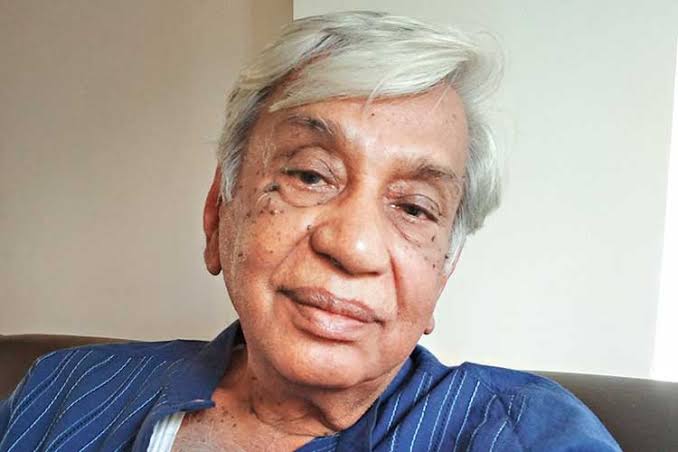In the recent past, interest of the scientific community as well as the public has been growing in Covid-19 re-positive patients (Covid-19 patients already discharged and becoming positive again). Reports have appeared in the medical journals and newspapers of such cases. Moreover, reports of Covid-19 patients discharged after treatment becoming positive again have come in from different parts of the world. Even in the state of Manipur, re-positive cases have been reported and the concerned health officials are lost as to what is to be done. It was creating confusion among the health professionals and community reactions were whimsical.
There are many possible explanations for the re-positive cases. It may be related to the biological characteristics of the virus, sampling procedures, test used and patient factors.
There are many contentious questions related to such re-positive cases. (1) Whether these re-positive cases are reinfection or reactivation (same virus becoming active again)? (2) How large is the number of such cases? (3) Whether these re-positive cases have severe disease or not? (4) Whether these cases can transmit Covid-19 to others?
For the first question, as in many other viral infections including other corona viruses, both are possible. Many of the re-positive cases are shown to be reactivation of the SARS CoV2. As early as May 2020, CDC Korea had come out with the proof that the re-positive cases can be reactivation. Re-infection cases with a different strain of SARS CoV2 also have been reported from different countries like the US, Hong Kong and even India. Now, CDC Atlanta has indicated that reinfection with SARS CoV2 should be reserved for those who are found positive again after a negative test (recovering patient) for SARS CoV2 after 90 days based on the limited evidence available of the other corona viruses. Those who had severe disease during previous infection, with initial low lymphocyte count (type of blood cell), older age, etc. are more likely to become re-positive cases.
Regarding the second question, the frequency of occurrence of re-positive cases ranged from 3 to 18 per 100 Covid-19 discharged patients in different studies. It may be even higher than this estimate.
As regards the question of severity of disease in re-positive cases, majority of these re-positive cases are without any symptoms. Severe disease (symptoms) amongst them is rare. Fatigue seems to be one of the commonest symptoms. Re-positive cases usually convert to negative in 2-3 weeks’ time. Many of them have good amount of detectable antibodies against SARS CoV2, thereby indicating development of protective immunity.
The fourth question about infectivity is very important. Many investigators have reported replication competent virus (infective virus) usually was not recovered from patients after 10 days of symptom onset. It was also found that 95% of the specimens no longer yielded infective SARS CoV2 after 15 days. In the Korean investigation of 285 persistently SARS CoV2 positive patients including 126 persons with recurrent symptoms, they found no secondary Covid-19 infection among 790 contacts of these 285 cases suggesting that the re-positives do not transmit the disease to others. However, in a recent report from Italy, 32 out of 176 discharged Covid-19 patients had tested positive again and only 1 of them had replication competent virus suggesting infectivity. Overall, transmission by Covid-19 re-positive patients is very uncommon.
Then, what can be done? Routine testing of Covid-19 patients, who have been discharged after treatment and isolation, should be discouraged. It should be done only when they again develop signs and symptoms or for research purpose. One has to be cognizant of the fact that if SARS Cov2 testing is done by RT-PCR, many cases that are not infective (virus) are also detected. At the same time, the State can try to set up advanced diagnostic facility so as to enable to differentiate between infective and non-infective re-positive cases. Meanwhile, since re-positive cases are occurring, the age old preventive measures – masking, physical and social distancing, quarantine and isolation by these re-positive cases as well as the public will play an unquestionable role in the control of Covid-19 pandemic.

The writer is Professor of Community Medicine and Dean of Academics, Regional Institute of Medical Sciences








